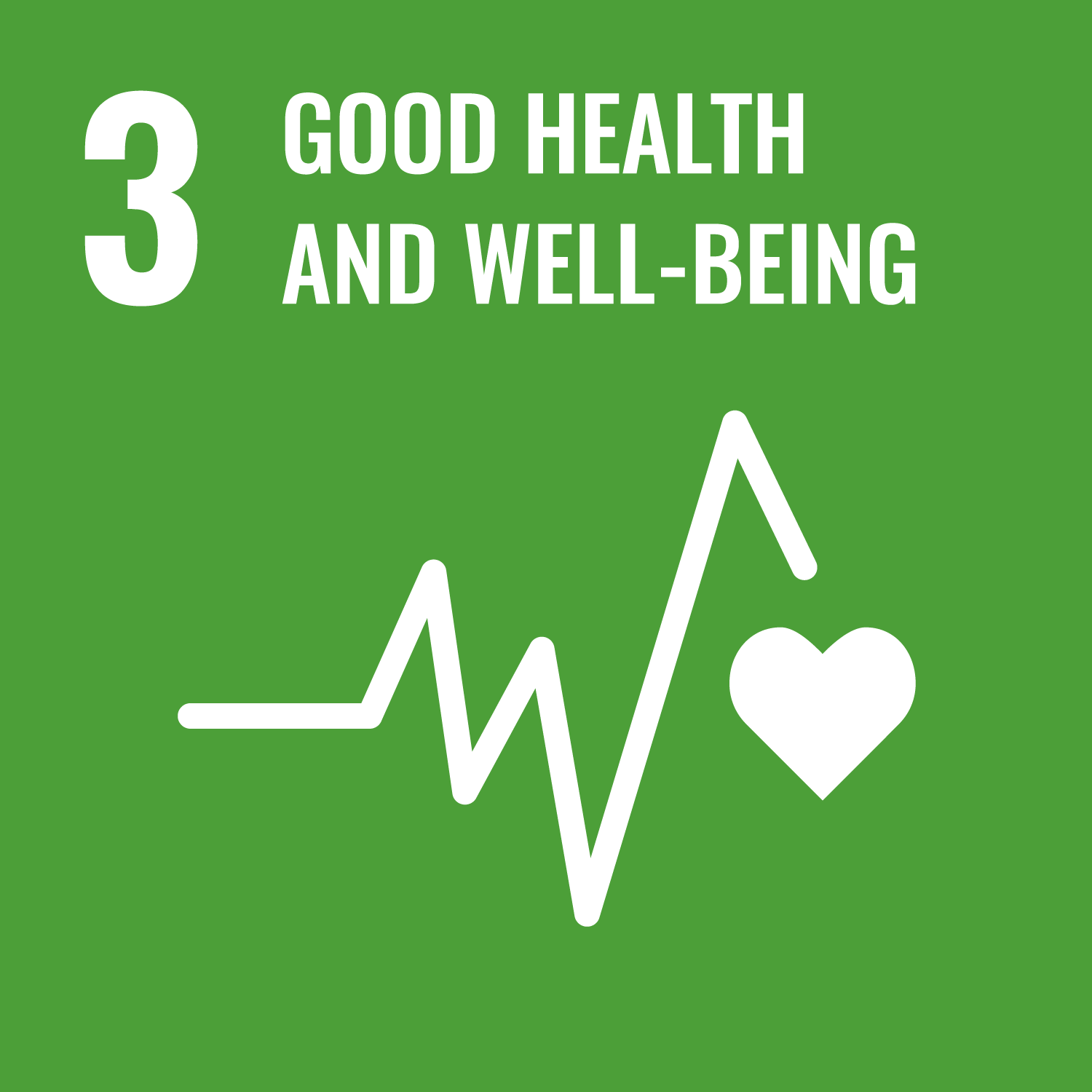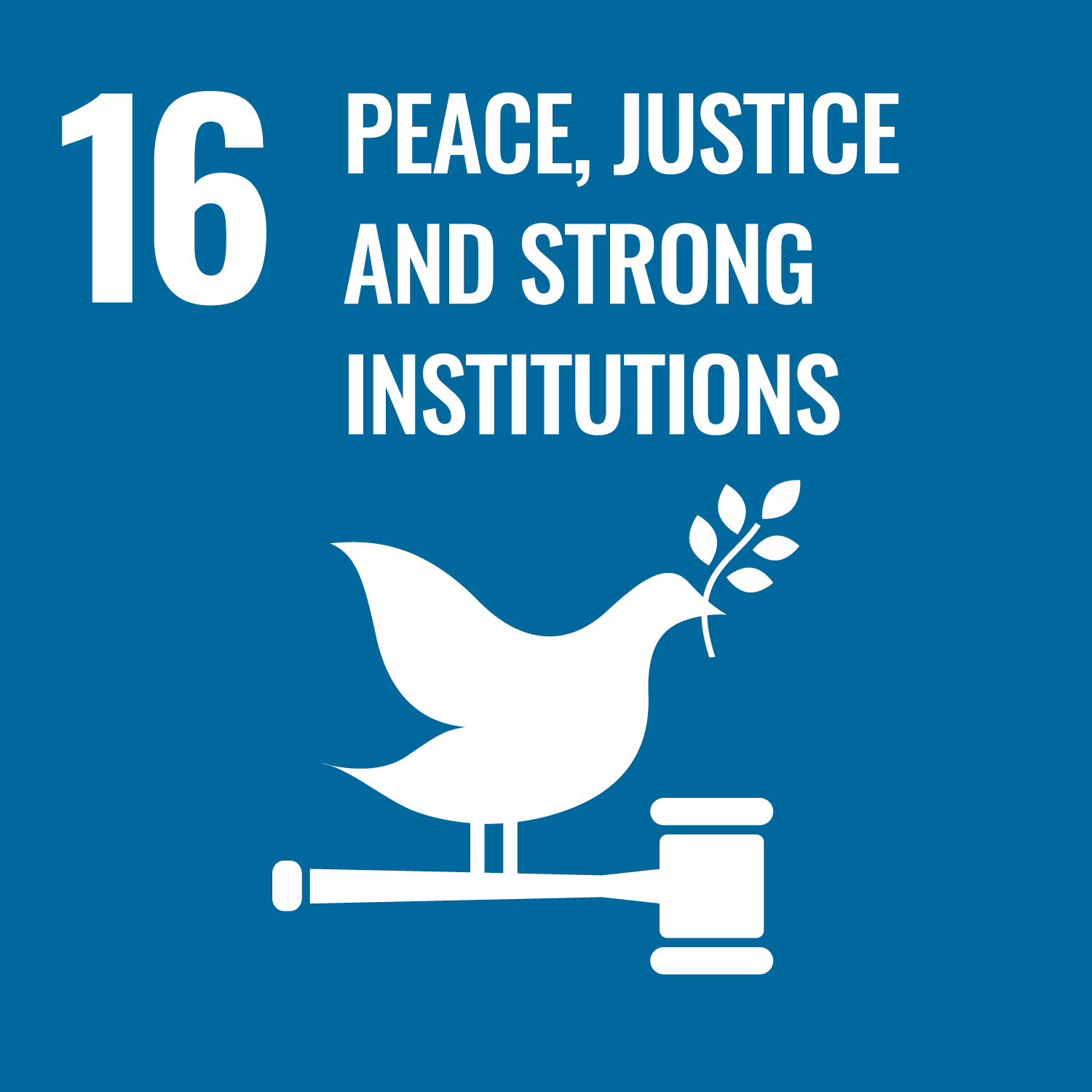New South Wales Newpin Social Benefit Bond
Aligned SDGs


- New South Wales Newpin Social Benefit Bond
- General overview
- Location
- Involved organisations
- Outcome metrics
- Results
- Other resources
- Spreadsheet of data
- New South Wales Newpin Social Benefit Bond
- General overview
- Location
- Involved organisations
- Outcome metrics
- Results
- Other resources
- Spreadsheet of data
General overview
Stage of development: Complete
Policy sector: Child and family welfare
Start date of service provision: Jun 2013
Actual completion date: Sep 2020
Capital raised (minimum): AUD 7m (USD 6.76m)
Max potential outcome payment: AUD 47m
Service users: 700 individuals
Intervention
Newpin is a therapeutic, centre-based program that supports and empowers families to break the cycle of child abuse and neglect by providing safe, nurturing environments for their children. Newpin was developed in response to the needs of new mothers experiencing issues such as isolation, mental illness, family violence, social disadvantage, drug and alcohol misuse, low self-esteem and for those who were at risk of physically or emotionally harming their children. The Newpin model includes parenting modules, therapeutic group meetings, child development activities, and a supportive environment. The service delivery process includes the child being restored to the family and removed from out-of-home care when risk of harm to the child is reduced. Many families generally stay on the Newpin program for a period of six months after the restoration of a child to ensure the parents are supported during the transition and to maximise sustained restoration outcomes.
Target population
Families with children aged less than five years who are either in statutory out-of-home care or are at risk of harm. The Newpin program works with three broad family cohorts:
● Cohort 1: the first cohort comprises families that have at least one child aged less than five years who has been in out-of-home care for at least three months. (c. 50% of cases)
● Cohort 2: the second cohort comprises families that have at least one child aged less than five years that has been assessed as being at risk of serious harm. These children will either be the subject of a Supervision Order or a safety and risk assessment by FACS. (c. 25% of cases)
● Cohort 3: the balance of Newpin places are allocated to families with children under five years who do not meet the definitions above but have been identified as needing support to prevent deterioration in the family environment. These families are referred to as “Cohort 3”.
Location
Country
- Australia
Service delivery locations
- New South Wales, Australia
Involved organisations
Commissioners/outcome payers
Service Providers
Investors
Intermediary organisations
Outcome metrics
- Performance payments are linked to the achievement of restorations from care, compared to the control group. The proportion of children in out-of-home care attending a Newpin Centre who are restored to the care of their families. Restoration Rate = A / (A + B) Where: A is the number of children and young people whose family attended a Newpin Mothers’ Centre who were Restored to the care of their parent(s) during the period; B is the number of children and young people whose family attended a Newpin Mothers’ Centre and who were Unrestored Exits during the period.
Other resources
Spreadsheet of data
Important Notice and Disclaimer on INDIGO Data
INDIGO data are shared for research and policy analysis purposes. INDIGO data can be used to support a range of insights, for example, to understand the social outcomes that projects aim to improve, the network of organisations across projects, trends, scales, timelines and summary information. The collaborative system by which we collect, process, and share data is designed to advance data-sharing norms, harmonise data definitions and improve data use. These data are NOT shared for auditing, investment, or legal purposes. Please independently verify any data that you might use in decision making. We provide no guarantees or assurances as to the quality of these data. Data may be inaccurate, incomplete, inconsistent, and/or not current for various reasons: INDIGO is a collaborative and iterative initiative that mostly relies on projects all over the world volunteering to share their data. We have a system for processing information and try to attribute data to named sources, but we do not audit, cross-check, or verify all information provided to us. It takes time and resources to share data, which may not have been included in a project’s budget. Many of the projects are ongoing and timely updates may not be available. Different people may have different interpretations of data items and definitions. Even when data are high quality, interpretation or generalisation to different contexts may not be possible and/or requires additional information and/or expertise. Help us improve our data quality: email us at indigo@bsg.ox.ac.uk if you have data on new projects, changes or performance updates on current projects, clarifications or corrections on our data, and/or confidentiality or sensitivity notices. Please also give input via the INDIGO Data Definitions Improvement Tool and INDIGO Feedback Questionnaire.